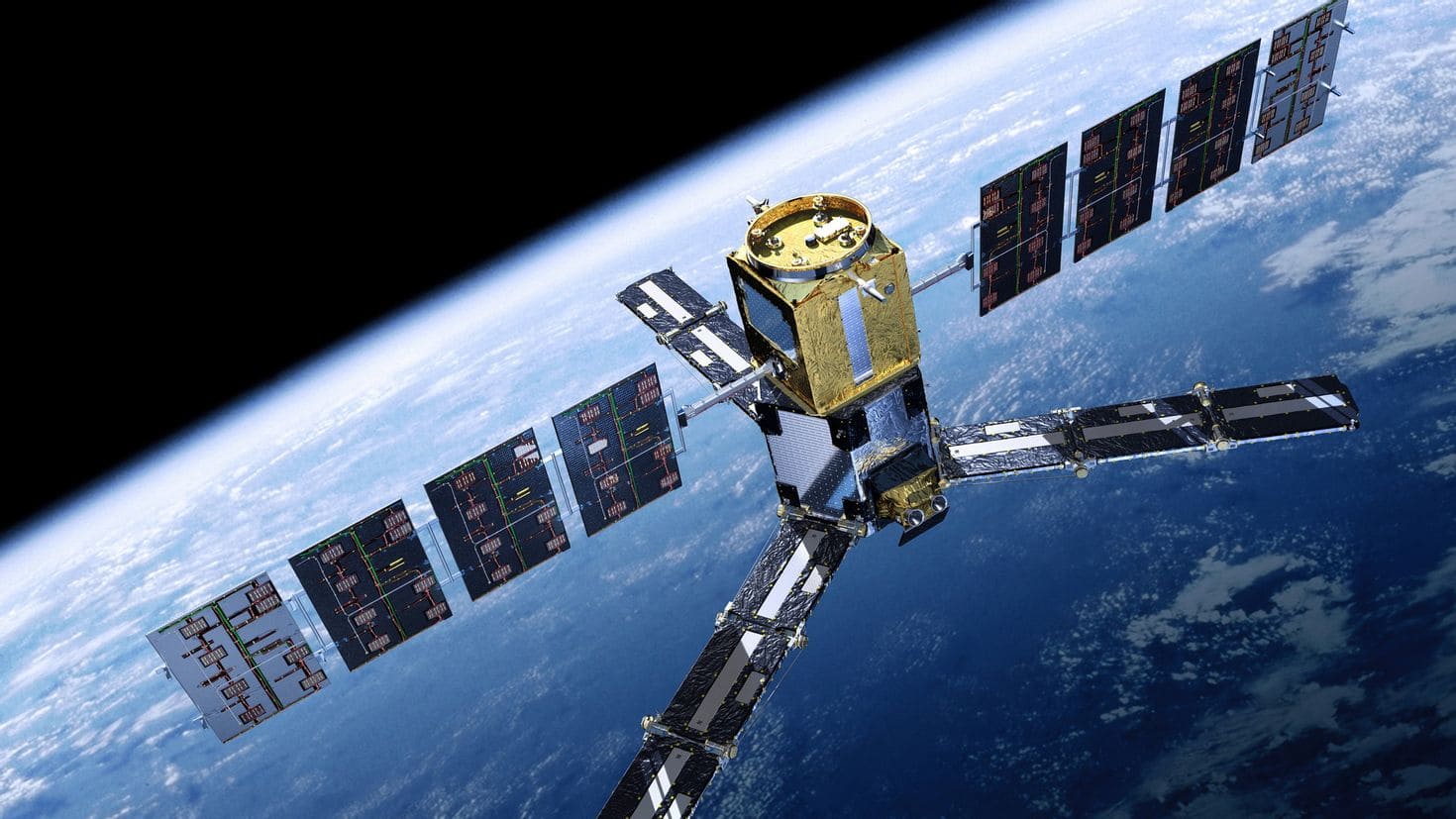Africa has been making significant strides in space technology, contributing innovative solutions to global challenges. Here are some notable developments:
1. African Union’s African space policy and strategy:
- Launched in 2016, this policy aims to foster cooperation among African nations to enhance space capabilities. The strategy focuses on areas such as earth observation, satellite communication, navigation, and space science.
2. South Africa’s MeerKAT and SKA projects:
- MeerKAT, a radio telescope array in South Africa, is part of the larger Square Kilometre Array (SKA) project. It is among the most sensitive radio telescopes in the world and aims to explore the universe’s mysteries, from black holes to the cosmic dawn.
3. Nigeria’s satellite program:
- Nigeria has launched several satellites, including NigeriaSat-2 and NigeriaSat-X. These satellites are used for earth observation, disaster monitoring, and agriculture. The country has established the National Space Research and Development Agency (NASRDA) to oversee its space endeavors.
4. Egypt’s space program:
- Egypt has been active in space technology with the Egyptian Space Agency (EgSA) spearheading its initiatives. EgyptSat-A, launched in 2019, is used for earth observation, aiding in urban planning, water resource management, and agricultural monitoring. Egypt is also developing plans for a larger national space program, including satellite and launch vehicle development.
5. Ghana’s space program:
- Ghana launched its first satellite, GhanaSat-1, in 2017 through a collaboration with the Japan Aerospace Exploration Agency (JAXA). This satellite is used for educational purposes and atmospheric monitoring. The Ghana Space Science and Technology Institute (GSSTI) leads the country’s efforts in space science and technology development.
6. Kenya’s space program:
- Kenya launched its first nanosatellite, 1KUNS-PF, in 2018 with support from the University of Nairobi and JAXA. This satellite collects data for weather forecasting and environmental monitoring. Kenya’s space activities are managed by the Kenya Space Agency (KSA), which aims to boost the country’s space capabilities.
7. Morocco’s space activities:
- Morocco has launched several satellites, including Mohammed VI-A and Mohammed VI-B, which are used for earth observation, urban planning, agricultural monitoring, and disaster management. The Royal Centre for Remote Sensing (CRTS) is pivotal in utilizing satellite data for national development.
8. Ethiopia’s space program:
- Ethiopia launched its first satellite, ETRSS-1, in 2019 to monitor climate and weather patterns, aiding in agricultural planning and natural disaster prevention. The Ethiopian Space Science Society (ESSS) and the Ethiopian Space Science and Technology Institute (ESSTI) are key players in advancing the country’s space capabilities.
9. Rwanda’s space program:
- Rwanda launched its first satellite, RwaSat-1, in 2019 in collaboration with JAXA. The satellite is used for environmental monitoring, disaster management, and educational purposes. The Rwanda Space Agency (RSA) is focused on expanding the country’s space infrastructure and capabilities.
10. Pan-African initiatives:
- Several collaborative efforts are underway to enhance Africa’s space technology landscape. The African Resource Management Constellation (ARMC) is a partnership among Algeria, Kenya, Nigeria, and South Africa to share satellite data for resource management and disaster monitoring. Additionally, the African Space University initiative aims to build local expertise in space science and technology through education and training programs.
These innovative space technology and initiatives demonstrate Africa’s growing role in the global space sector, leveraging satellite data for socio-economic development and contributing to scientific advancements.



